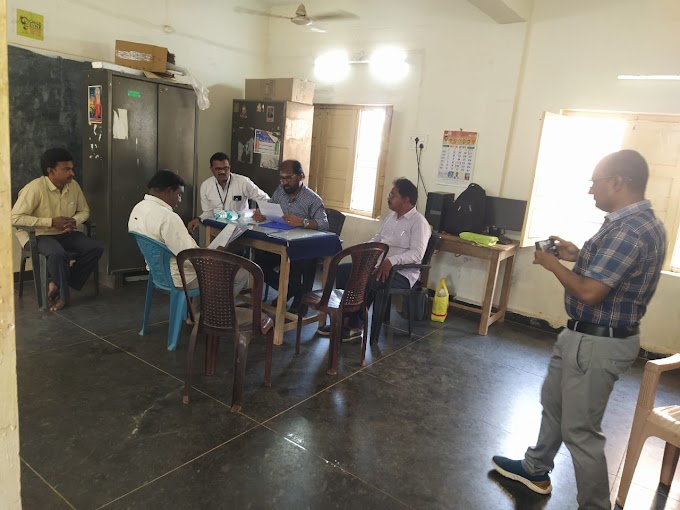- Evolving recommendations about the COVID-19 vaccine have led to confusion.
- The vaccine is intended for and succeeding at reducing severe illness, hospitalizations, and death.
- While being “up to date” on the vaccine may require additional doses of the vaccine, this is not unusual when it comes to vaccinating against infectious diseases.
As Omicron continues to cause breakthrough infections among the fully vaccinated and safety recommendations evolve, the public’s confidence in the COVID-19 vaccines has started to wane.
However, medical experts say understanding the main objective of the vaccines can break feelings of betrayal.
“There’s an expectation among many people that vaccines should be perfect, and if you’re vaccinated and boosted, that that ought to solve the problem. Some of that is not unreasonable because we have such spectacularly successful pediatric vaccines like the polio and measles vaccines,” Dr. William Schaffner, professor of preventive medicine and infectious diseases at Vanderbilt University Medical Center in Nashville, Tennessee, told Healthline.
However, he said that communication about the vaccines was flawed from the get-go. For instance, when vaccines were first released, Schaffner said, “the communication was quite euphoric, but it wasn’t very clear. We put emphasis on the extraordinary triumph.”
Political confusion about the acceptance of the vaccine also played a part in misunderstandings, as did the emergence of variants, which required a booster.
“Because it’s an evolving story, it’s difficult for the public. There is real vaccine fatigue and frank grumpiness about it all. They want simple, clear, complete answers, and we in public health need to work on delivering that,” said Schaffner.
Because the virus may continue to evolve, as most viruses do, scientists have always known that breakthrough cases can occur in the vaccinated, said Dr. Natasha Bhuyan, family physician and infectious disease expert in Phoenix.
“[However,] these generally tend to be mild. Data shows the vaccines are working regardless of breakthrough infections because the vaccines continue to be extremely effective at preventing severe sickness, hospitalization, and death from COVID-19,” Bhuyan told Healthline.
According to recent data from the Centers for Disease Control and Prevention (CDC), hospitalizations were 16 times higher for unvaccinated adults 18 and older in December 2021.
“Remember, we told you these vaccines were 90 percent effective in keeping people out of the hospital. For the vast majority of people who are vaccinated and have a booster, if they encounter the virus, they will get a bad cold and not require hospitalizations. That’s the main goal of the vaccine,” said Schaffner.
Still, those who chose to listen to public health officials and get fully vaccinated, yet experienced a breakthrough infection, may find themselves frustrated. Bhuyan said she has heard the frustration from patients in this situation.
“But I’ve also seen this quickly turn to relief when they ended up having a mild case and recovered in just a few days,” she said.
In January, Dr. Anthony Fauci told J. Stephen Morrison, senior vice president of the Center for Strategic and International Studies, “Omicron, with its extraordinary, unprecedented degree of efficiency of transmissibility, will ultimately find just about everybody.”
However, Fauci explained that people who have been vaccinated and boosted and who get infected with Omicron will “very likely, with some exceptions, do reasonably well in the sense of not having hospitalization and death.”
Getting people to understand this requires a regular and ongoing conversation, said Bhuyan. In addition to talking with patients about how the vaccine protects them from severe illness and death, she explains how this affects society.
“Our hospitals and health systems are also currently facing a huge surge in COVID-19 cases. If we are able to reduce severe illness and death, this helps free up healthcare resources for other important health issues that people are seeking care for – ranging from strokes to heart attacks to surgeries,” said Bhuyan.








